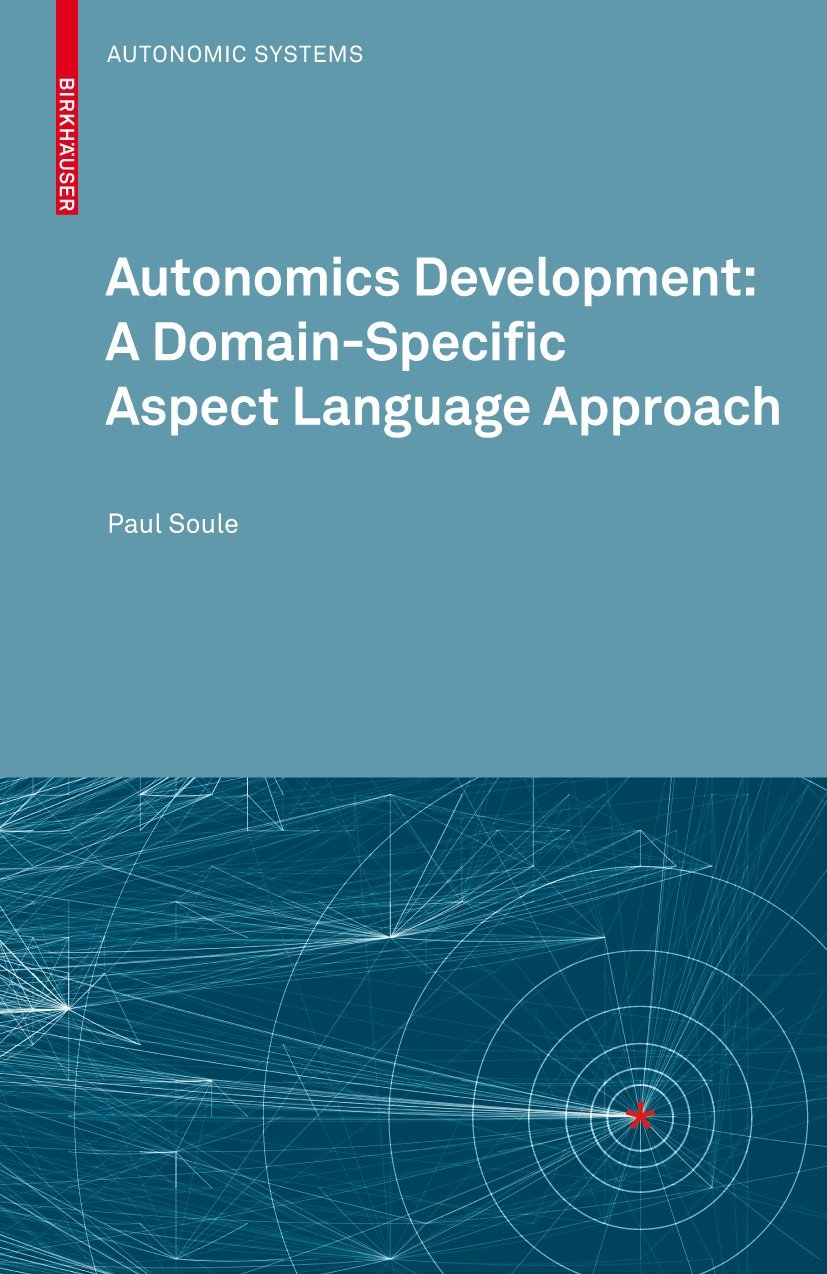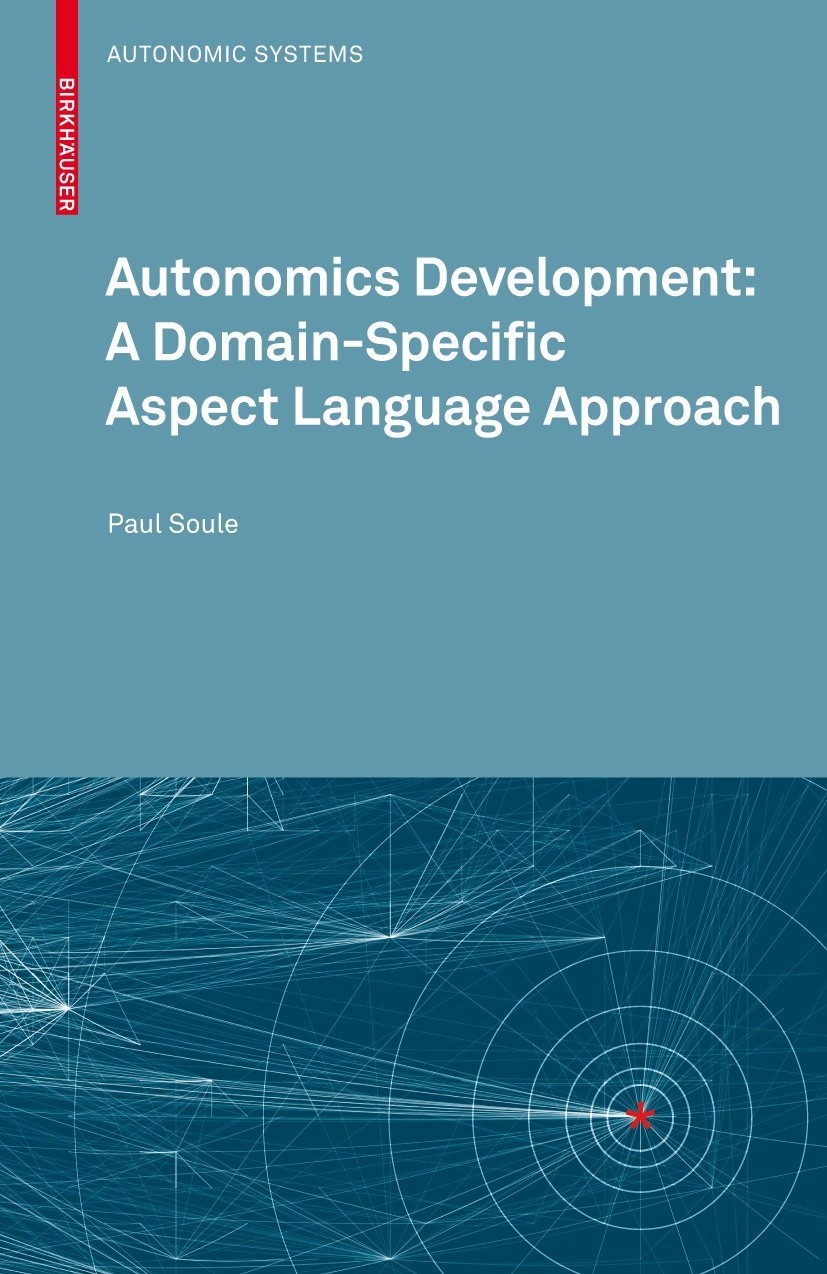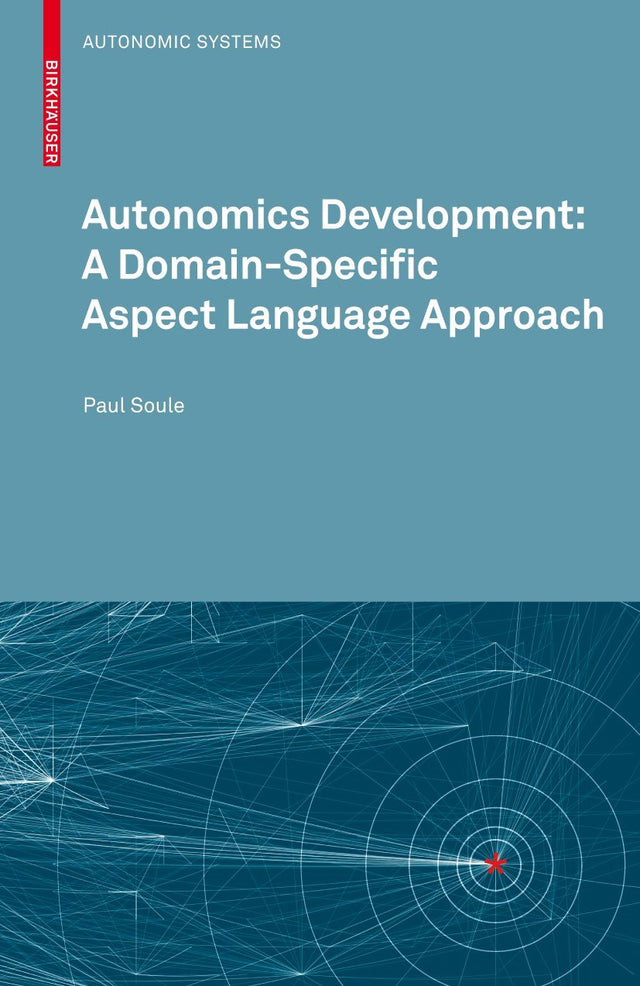AUTONOMICS DEVELOPMENT: A DOMAIN-SPECIFIC ASPECT LANGUAGE APPROACH (PB 2010)
AUTONOMICS DEVELOPMENT: A DOMAIN-SPECIFIC ASPECT LANGUAGE APPROACH (PB 2010) is backordered and will ship as soon as it is back in stock.
Couldn't load pickup availability
Genuine Products Guarantee
Genuine Products Guarantee
We guarantee 100% genuine products, and if proven otherwise, we will compensate you with 10 times the product's cost.
Delivery and Shipping
Delivery and Shipping
Products are generally ready for dispatch within 1 day and typically reach you in 3 to 5 days.
📘 Book Details
-
Publisher: Springer
-
Author: SOULE
-
Language: English
-
Edition: Standard Edition
-
ISBN: 9783034605397
-
Pages: 134
-
Cover: Paperback
-
Dimensions: 8.9 x 6.0 x 0.5 inches
📝 About The Book
Distributed Systems Through Distribution Definition Language by SOULE presents a cutting-edge approach to simplifying the complexities of distributed application development. Traditionally, developers face significant challenges in writing distributed systems due to the need to conform to rigid frameworks and integrate distribution logic directly into their code. This book introduces a novel solution—a domain-specific aspect language known as the Distribution Definition Language (DDL)—that abstracts distribution and recovery concerns from the core application logic.
Through the use of DDL, developers can declare which classes and methods of an existing application should be made remote, the distributed system infrastructure to be used, and the error recovery strategies to apply. The book also introduces RemoteJ, a software tool and compiler that automates this process by generating the necessary distributed and recovery code using advanced bytecode manipulation and generation techniques.
By enabling modularization of distribution and autonomic features, this methodology promotes clean code separation, flexibility, and significantly reduces the effort involved in creating robust distributed systems. It is an especially valuable resource for researchers, advanced students, and developers interested in distributed computing, aspect-oriented programming, domain-specific languages, and autonomic systems.
With clear explanations and practical tooling, this book offers a powerful pathway to modernizing and simplifying distributed application development in both academic and enterprise environments.





